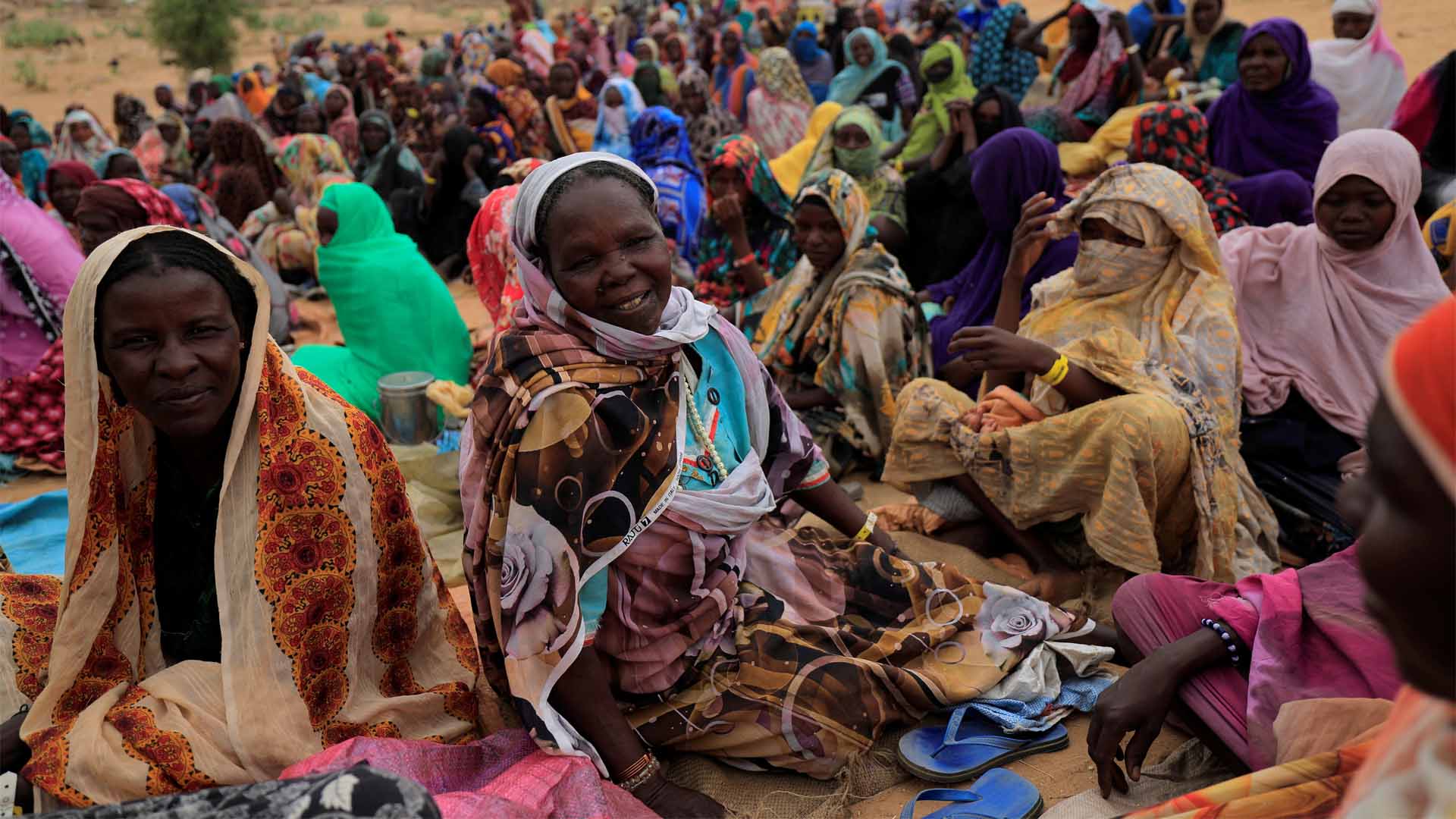The Nigerian government has revealed that a staggering 23,465 foreign nationals, including children, sought asylum in the country during the month of July alone. This significant influx has placed a strain on the nation’s humanitarian resources and underscored the growing global refugee crisis.
The asylum seekers and refugees come from a diverse range of countries, including neighboring nations in West Africa as well as regions experiencing conflict, political instability, and economic hardship. The majority of the individuals seeking refuge in Nigeria are fleeing violence, persecution, and the devastating effects of climate change.
The influx of refugees and asylum seekers has placed a considerable burden on Nigeria’s humanitarian infrastructure. The government, in collaboration with international organizations such as the United Nations High Commissioner for Refugees (UNHCR), has been working tirelessly to provide essential services to these vulnerable populations.
These services include shelter, food, healthcare, education, and legal assistance. However, the overwhelming number of arrivals has stretched the capacity of existing resources, leading to concerns about the ability of the government to meet the needs of all those seeking refuge.

The influx of refugees and asylum seekers presents both challenges and opportunities for Nigeria. On the one hand, it places a strain on the country’s resources and can exacerbate existing social and economic tensions. On the other hand, it offers an opportunity for Nigeria to demonstrate its commitment to humanitarian principles and to contribute to global efforts to address the refugee crisis.
The government has called on the international community to provide greater support to Nigeria in its efforts to assist refugees and asylum seekers. This includes financial assistance, technical expertise, and increased resettlement opportunities for vulnerable individuals.
The ongoing refugee crisis is a complex issue with multiple contributing factors. The root causes of displacement include:
Conflict and Violence: Many individuals are forced to flee their homes due to ongoing conflicts and violence in their countries of origin.
Political Persecution: Political persecution, including arbitrary arrests, torture, and extrajudicial killings, is a major driver of displacement.
Climate Change: The devastating effects of climate change, such as droughts, floods, and extreme weather events, are also contributing to displacement.
The Role of International Cooperation
Addressing the refugee crisis requires a coordinated international response. Governments, international organizations, and civil society organizations must work together to provide humanitarian assistance, protect the rights of refugees, and address the root causes of displacement.
The international community must also support efforts to find durable solutions for refugees, such as resettlement and local integration. This will help to alleviate the burden on countries like Nigeria that are hosting large numbers of refugees.
The influx of 23,465 foreign nationals seeking asylum in Nigeria in July highlights the ongoing humanitarian crisis facing the world. The Nigerian government is facing a significant challenge in providing assistance to these vulnerable individuals.
The international community must step up its efforts to support Nigeria and other countries that are hosting refugees. By working together, we can address the root causes of displacement and ensure that refugees and asylum seekers have access to the protection and assistance they need.



